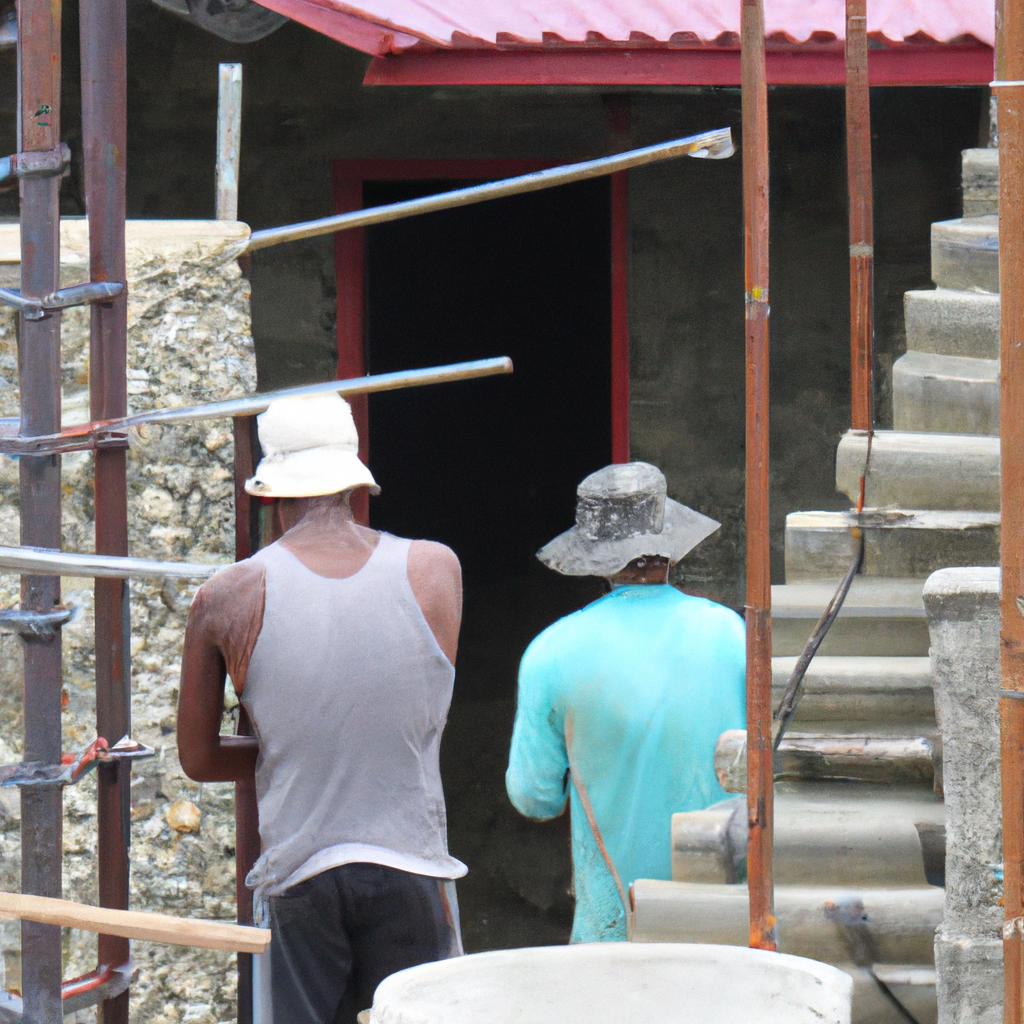IBON: 1.8-million job losses dispel government claims of recovery, robust job market
A research group called IBON found that large employment losses in January 2023, especially in full-time work, counter the Marcos Jr administration’s claims of a thriving labor market and recovery. The group said that the jobs crisis is worsening despite the economy reopening. Sugarcoating only hides the problem and prevents urgent action to help millions of Filipinos struggling to make ends meet.
In January 2023, the number of employed persons dropped by 1.7 million to 47.4 million, from 49 million in December 2022, according to the latest labor force survey data. The number of labor force participants fell by 1.5 million to 49.7 million from 51.2 million. Unemployment and underemployment increased by 153,000 and 458,000, respectively, to 2.4 million and 6.7 million.
A decline in the number of employed and labor force participants is likely to be attributed to discouraged workers – those who have dropped out of the labor force because of poor job prospects and are no longer officially counted as unemployed.
By industry, the employment losses are mostly concentrated in sectors where work is seasonal, temporary, and insecure, according to the latest figures. According to the group, too much work is informal and irregular in the economy. In January 2023, agriculture significantly declined by 1.2 million from the previous month to 10.5 million; wholesale and retail trade declined by 375,000 to 10.6 million; and construction decreased by 288,000 to four (4) million.
In addition, IBON stated that informality is rapidly deteriorating. From December 2022 to January 2023, the number of people working 40 hours or more fell by 1.8 million. As a result of the decrease in full-time workers, regular and secure work is becoming increasingly scarce, according to the group. Part-time workers also declined by 167,000 to 16.5 million, the group says.
Wage and salary workers, mostly in private establishments, have declined by 714,000 from 30.2 million to 29.5 million, another indicator of worsening informality and loss of regular jobs. In particular, the number of workers working in private establishments dropped by 576,000 from 23.6 million to 23 million, resulting in a decline in informality and the loss of regular jobs.
Furthermore, the number of self-employed (by 746,000 to 12.8 million) and unpaid family workers (by 433,000 to 3.9 million) decreased. Due to the huge drop in full-time employment, it is unlikely that these individuals moved on to better employment prospects since self-employment and informal work fell into joblessness.
Two years after the pandemic began, the over-long lockdowns have made informal work even more prevalent, according to the group. IBON estimates that nearly 20 million jobs or 42.2% of jobs will be informal by January 2023. Self-employed individuals, small businesses and farms, domestic helpers, and unpaid family workers comprise informal work, which is significantly higher than 16.8 million in January 2020 before the pandemic.
Including irregular workers in private establishments would increase informality to 34.5 million or seventy-three percent of total employment.
IBON urged the Marcos Jr government to take their focus off of projecting a positive economic outlook and focus on the actual plight of Filipinos – such as low wages, high prices, and inadequate jobs. The group suggested utilizing funds and resources to provide ayuda, wage subsidies and aid to small enterprises so that citizens can be more able to survive through these difficult times and enable a lasting revival.
IBON Foundation, Inc. is an independent development institution established in 1978 that provides research, education, publications, information work and advocacy support on socioeconomic issues.



